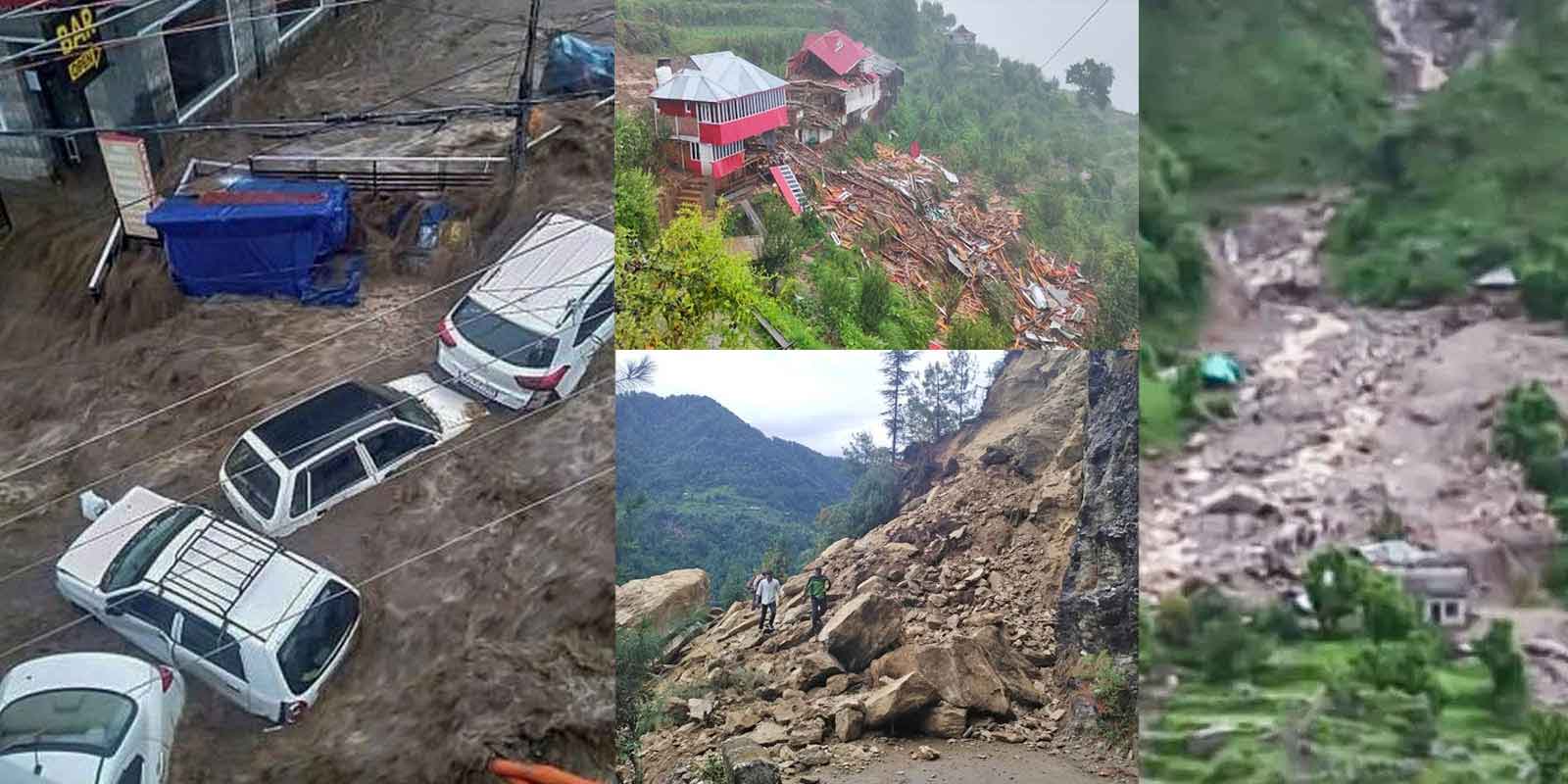The psychology of disaster refers to the psychological processes and responses that individuals, communities, and societies experience in the face of natural or man-made disasters. When Himachal Pradesh or any other region goes through a disaster, it can have a significant impact on the mental health and well-being of the affected individuals. Here are some key aspects of the psychology of disaster:
Trauma and Stress
Disasters often result in trauma and high levels of stress. The experience of witnessing or being directly affected by a disaster can be overwhelming and lead to symptoms such as anxiety, depression, post-traumatic stress disorder (PTSD), and other psychological disorders. The loss of life, damage to property, and disruption of normal routines can contribute to the psychological distress.
Emotional Responses
People may experience a range of emotional responses during and after a disaster, including fear, grief, anger, helplessness, and confusion. These emotions are natural reactions to an abnormal and threatening situation. Some individuals may also experience survivor guilt if they have survived while others have not.
Cognitive Impact
Disasters can also have cognitive effects on individuals. They may struggle with memory problems, difficulty concentrating, or making decisions. The overwhelming nature of the disaster can impair cognitive functioning, leading to temporary or long-term difficulties in processing information and problem-solving.
Social Support and Community Resilience
While disasters can have negative psychological effects, social support and community resilience play a crucial role in helping individuals cope. Strong social networks and support systems can provide emotional comfort, practical assistance, and a sense of belonging. Communities that come together in the face of disaster often display resilience, which can aid in the recovery process.
Preparedness and Post-Disaster Recovery
Understanding the psychology of disaster can also inform preparedness efforts and post-disaster recovery interventions. Knowledge of the psychological impact can help in developing strategies to mitigate the negative effects of disasters and support the well-being of affected individuals. This includes providing mental health services, creating safe and supportive environments, and promoting adaptive coping mechanisms.
It is important to recognize that individuals may respond differently to disasters based on their personal characteristics, prior experiences, and available resources. Psychological support and intervention are crucial in addressing the mental health needs of disaster-affected populations and facilitating their recovery.
